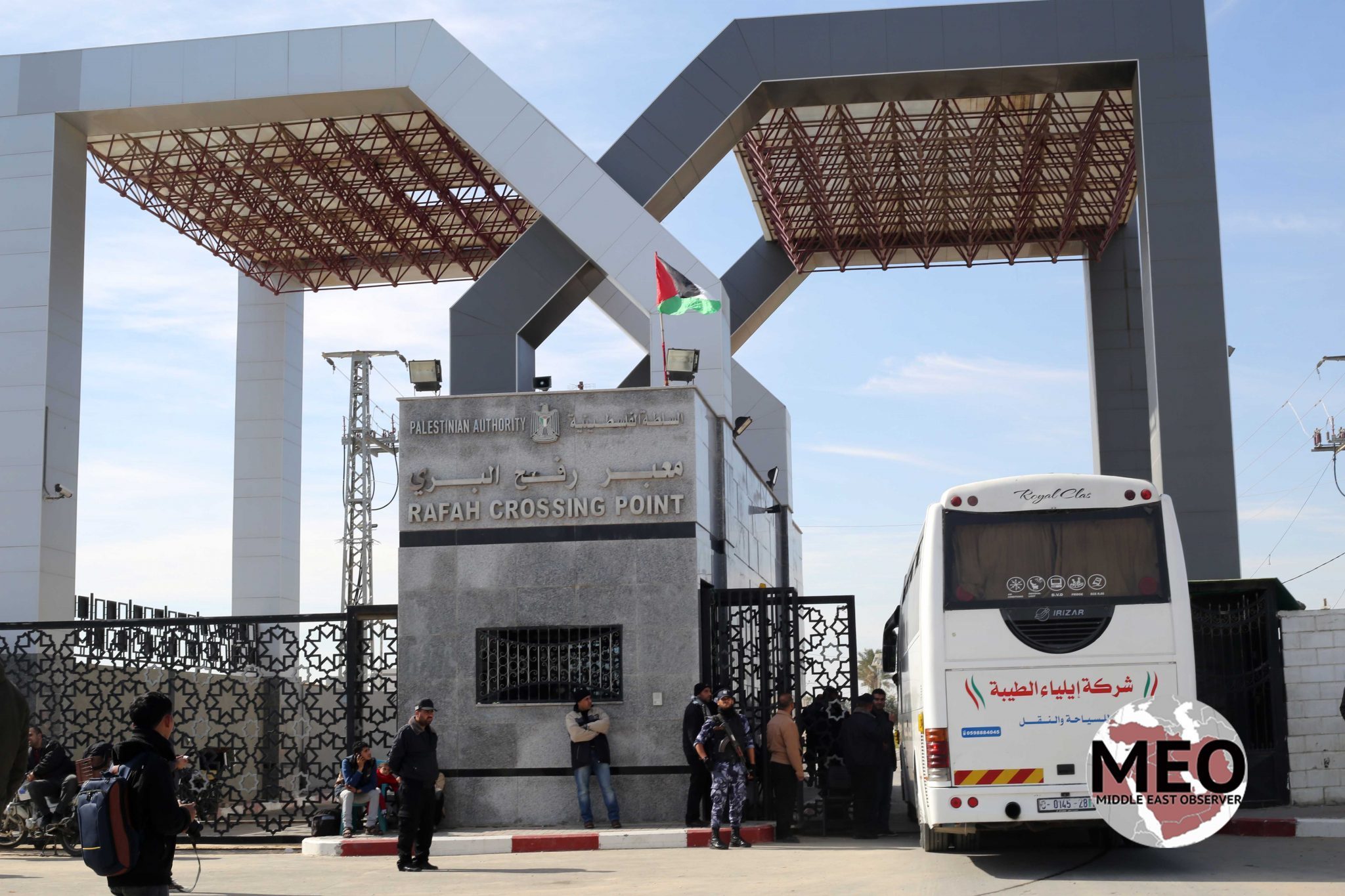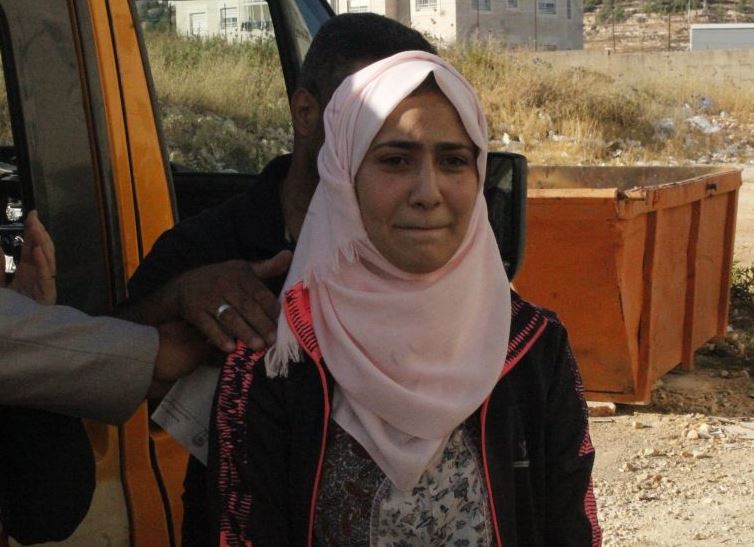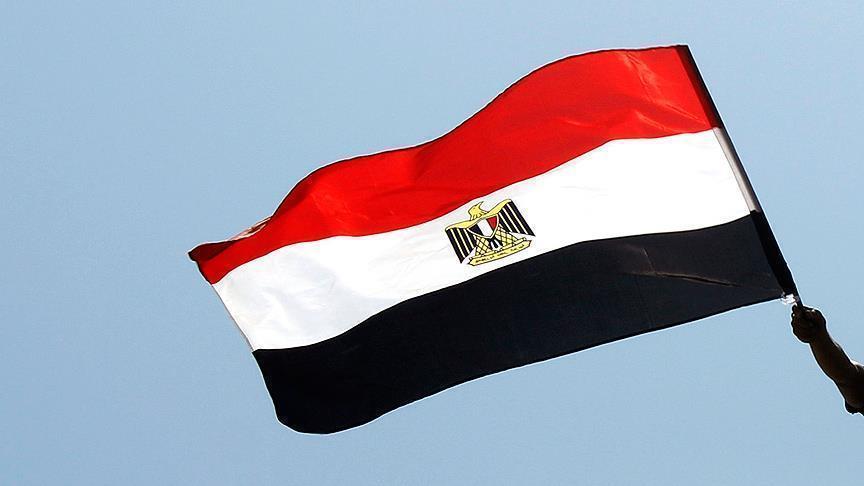
Egyptian authorities closed the Rafah border crossing between Egypt and the Gaza Strip late on Sunday night after two weeks of discontinuous openings to let travelers in and out of the besieged Palestinian territory.
According to the Palestinian borders and crossings committee, six buses left the Gaza Strip to Egypt on Sunday, adding that the Rafah crossing was initially scheduled to be closed on Saturday night, but that Egyptian authorities decided to open it for an additional day.
According to the Gaza Ministry of Interior, 5,000 people, the majority of whom were students, patients, and expatriates — left Gaza en route to other countries through Egypt during the seven days of opening.
Egypt has upheld an Israeli military blockade on the Gaza Strip for the majority of the past three years, since the ousting of former President Muhammad Morsi in 2013 and the rise to power of President Abd al-Fattah al-Sisi in Egypt.
While the Egyptian border has remained the main lifeline for Gazans to the outside world, Egyptian authorities have slowly sealed off movement through the border since Morsi was toppled by the Egyptian army.
Due to the constraints on Palestinian movement through the crossing, many Gazans are commonly barred from leaving or entering the besieged coastal enclave, some for months at a time, as the crossing is only periodically opened by Egyptian authorities, stranding Palestinians on both sides of the crossing during closures.
In 2015, the Rafah crossing was closed for 344 days. The crossing has been reopened on a more regular basis since the beginning of 2016.
The near decade-long Israeli blockade has plunged the Gaza Strip’s more than 1.8 million Palestinians into extreme poverty and some of the highest unemployment rates in the world.
Gaza’s infrastructure has yet to recover from the devastation of three Israeli offensives over the past six years. The slow and sometimes stagnant reconstruction of the besieged coastal enclave has only been worsened by the blockade, leading the UN in September to warn that Gaza could be “uninhabitable” by 2020.



